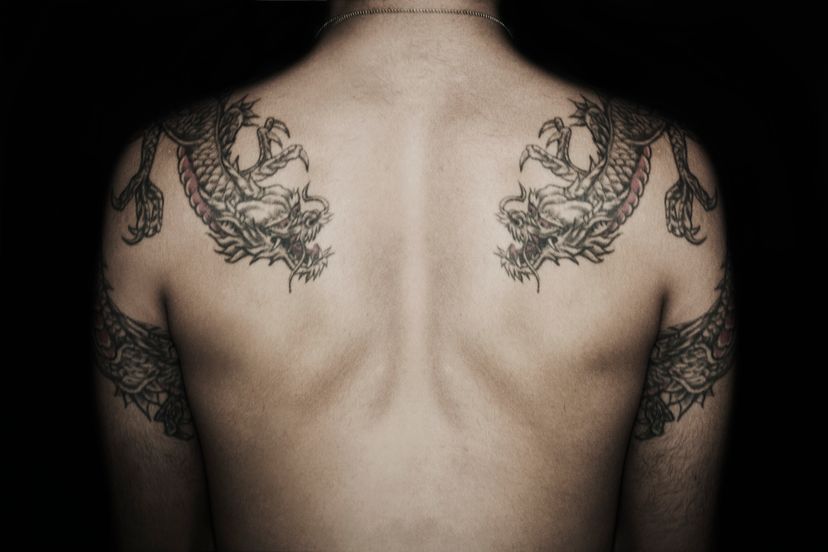The diverse cultural representations of dragons have imbued their tattoo counterparts with a rich tapestry of symbolism. Across different traditions, dragon tattoos can signify a wide range of concepts, from power and strength to wisdom and protection.
Strength and Power
One of the most common associations with dragon tattoos is the idea of raw, unbridled power. The sheer size, ferocity, and mythical abilities of these creatures make them potent symbols of strength, both physical and metaphorical. Individuals who choose dragon tattoos may be seeking to convey an aura of dominance, authority, and unwavering determination.
Wisdom and Enlightenment
In Asian cultures, dragons are often revered as wise, celestial beings that possess deep knowledge and insight. The dragon tattoo can represent a person's pursuit of enlightenment, spiritual growth, and a deeper understanding of the world around them. These tattoos may be chosen by those seeking to harness the dragon's purported connection to the divine and the mysteries of the universe.
Protection and Guardianship
Dragons are frequently depicted as guardians, protectors, and sentinels against malevolent forces. The dragon tattoo can symbolize the desire for personal safeguarding, the intention to guard something precious, or the belief in the creature's ability to ward off harm and negative energies. This association is particularly prevalent in East Asian traditions, where dragons are seen as benevolent, watchful entities.
Transformation and Rebirth
The dragon's ability to shed its skin and emerge anew is a powerful metaphor for personal transformation and the cycle of life. Dragon tattoos can represent an individual's journey of self-discovery, their willingness to embrace change, and their commitment to personal growth and evolution. This symbolism is especially poignant for those who have undergone significant life changes or are seeking a fresh start.
Masculinity and Heroism
In Western mythology, dragons are often portrayed as obstacles that must be conquered by brave, heroic figures. The dragon tattoo can thus become a symbol of masculinity, bravery, and the triumph of good over evil. These tattoos may be chosen by those who aspire to embody the qualities of the dragon-slaying hero, such as courage, strength, and the ability to overcome challenges.
